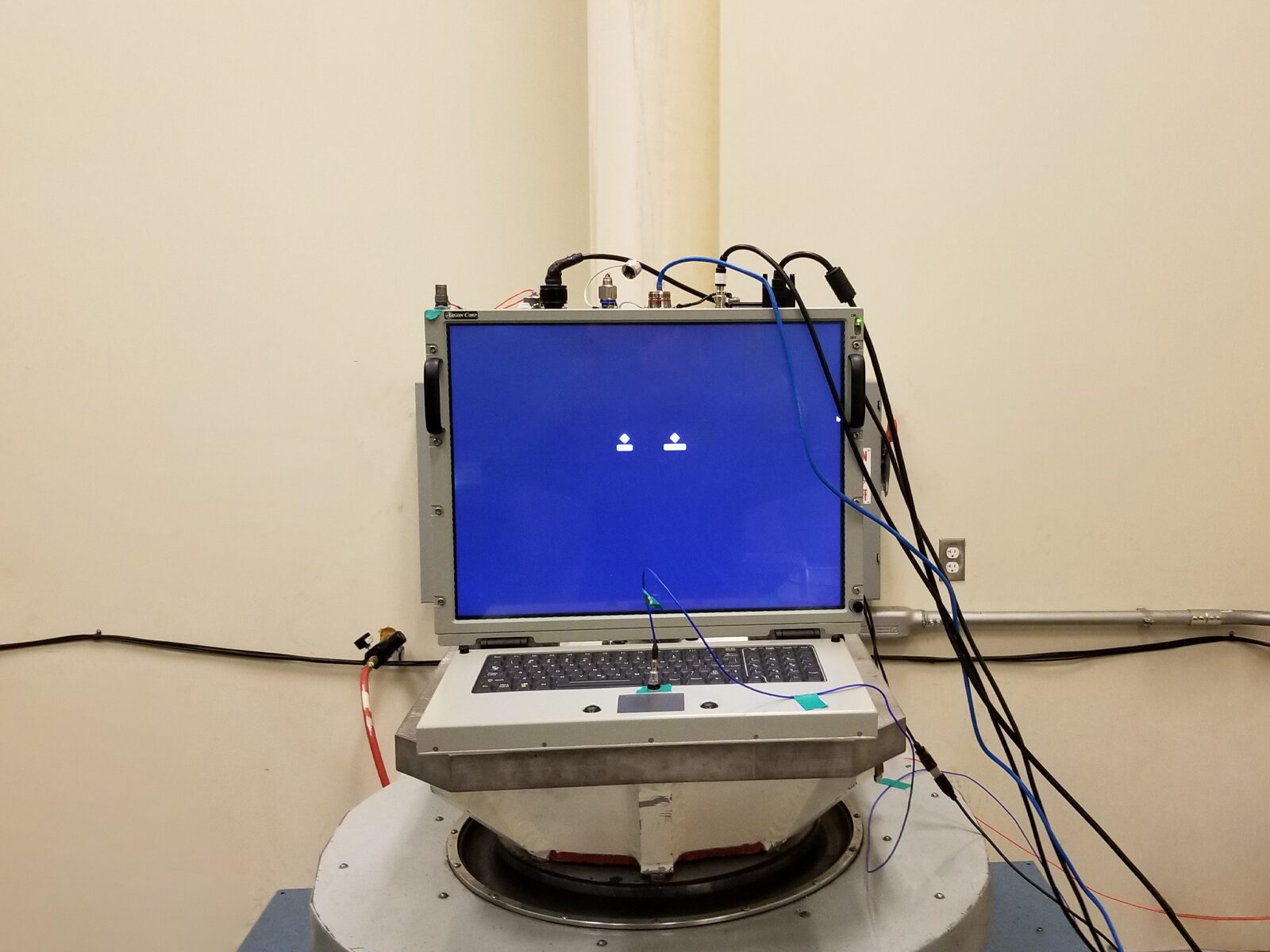ATS performs shock testing to give clients the answers they need about the durability of their products. Many vendors need to certify that their equipment can withstand the mechanical shocks created by impacts from handling, transportation, and crashing. ATS’ environmental testing labs are equipped with technically advanced equipment that will put your components to the test. Confidence in the life cycle of your product based on the fragility level of its components can greatly influence your product design, manufacturing process, packaging, and other decisions.
Shock Testing May Reveal:
- Friction Between Parts
- Change in Dielectric Strength
- Loss of Insulation Resistance
- Variations in Magnetic Field
- Structural Failures
- Mechanical Failures
- Material Failures — Cracks, Breakage, Warping, etc.
- Variations in Electrostatic Field
- Failure in Electronic Circuit Cards
- Connection Failures
ATS Offers a Variety of Shock Testing Procedures:
- Functional Shock (MIL–STD–810 and RTCA DO160)
- Material to be packaged
- Fragility
- Transit Drop
- Crash Hazard Shock
- Bench Handling
- Pendulum Impact
ATS’ Commitment to Quality
ATS has established an excellent reputation for environmental testing. Our ISO 9001:2015 registered quality assurance system ensures accurate testing and detailed reports. Our professional staff is knowledgeable and familiar with popular testing procedures and standards for many industries.
Popular Testing Standards Include:
- MIL-STD-810 (Method 516)
- RTCA DO 160 Section 7
- IEC 68-2-27; -29; -31
- SAE J1455
- FORD, GM, and other automotive brands
- MIL-STD-202 (Method 202)
- MIL-STD-202 (Method 205 / 213)



